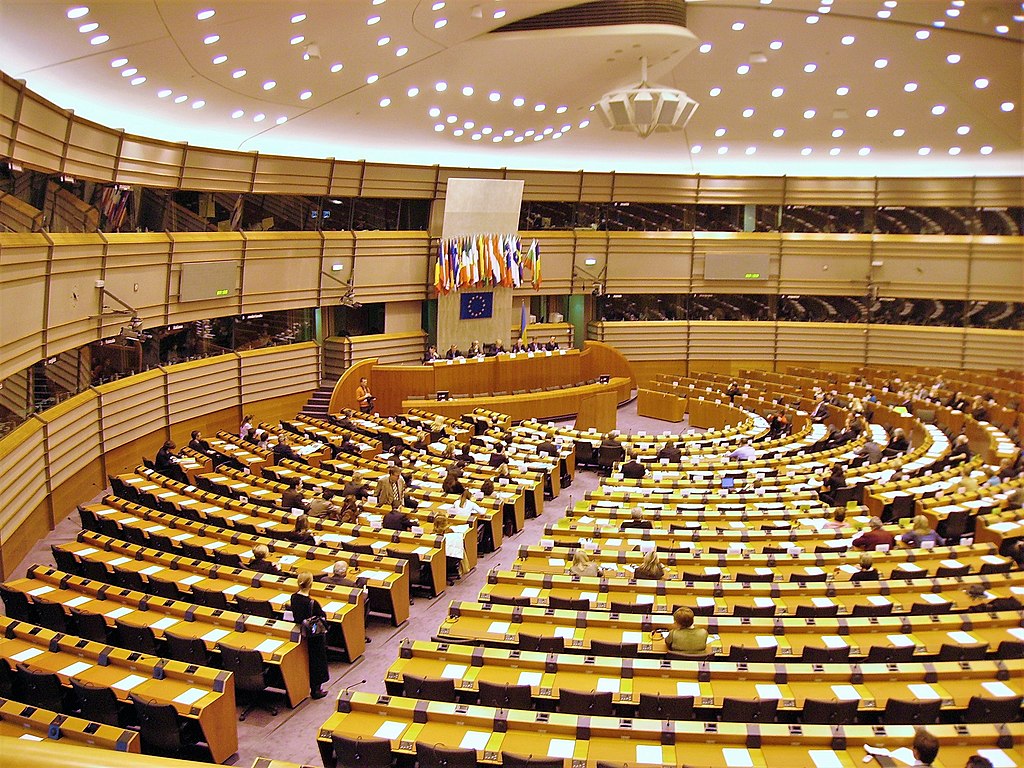
The resolution, led by Professor Krasnodebski MEP from the European Conservatives & Reformist Group (ECR), calls for:
A European strategy for geothermal energy to reduce administrative burdens and aid investments in buildings, industry and agricultural sectors across the Union.
A Geothermal Industrial Alliance to fast-track best practices and the effective implementation of legislation.
A harmonised financial risk mitigation insurance scheme.
Encouraging Member States to design national strategies for geothermal like those by the French, German, Polish, Austrian, Croatian and Irish governments.
Support for regions in transition and coal regions to transition to geothermal.
Philippe Dumas, Secretary General of the European Geothermal Energy Council, said, “The European Parliament has put geothermal energy firmly on the EU policy radar. The European Commission cannot ignore such a powerful endorsement”.
“We warmly thank the leadership of Professor Krasnodebski, his team, and the shadows on the resolution for their desire to make the energy transition affordable and accessible to everyone,” he added.
During the Plenary debate held on 17 January, Didier Reynders, Commissioner for Justice, stated that the consensus among all political groups during the debate before the vote was “remarkable” and added that geothermal district heating “can provide affordable energy to cities” to facilitate mass transition to renewables.
This has been the latest in the string of victories that geothermal has had on the European legislative scene. Before the end of 2023, the Industry, Energy & Research (ITRE) Committee of the European Parliament voted heavily in favor of the Own-Initiative Report on geothermal that highlights the most effective means of accelerating the deployment of geothermal technologies across the EU.